Top 10 Best Android Frameworks for App Development in 2019

There are over a billion smartphones users in the world today. Almost all business owners, both small and big have realized that mobile apps are crucial to their brand experiences; hence, companies are now focusing their strength on building mobile apps to reach and establish a stronger connection with their customers.
A source from Statista showed that there are over 2 million mobile apps in the Google Play Store developed by companies for download in the quarter of 2018, to enable them to engage with their customers better. That being said, the battle for app development framework has always been between Android and iOS. Although people predict the latter to be difficult and time-consuming, the contrary was the case.
These days, Android stands as the best OS for developers when it balls down to building custom mobile apps.Android app has taken a larger share of the existing smartphones because many app developers see Android be more customizable, plus its large community base often available to guide and provide the required information. However, if you’re a software engineer looking to develop an app but scared due to limited or no prior knowledge on how to do so, your scare is over.
Here are the fast and easy frameworks to allow you develop incredible Android apps while reducing the number of actions that need to be taken to perform a task.

This is one of the best Android development frameworks today. It’s owned by Microsoft and boasts of over 1.5 million users worldwide. Xamarin possesses a more advanced property that’s highly suited for C# developers who want to create Android Apps without Java. The presence of Microsoft’s cloud testing service in this framework makes it possible for the apps built using Xamarin to be tested on different devices.
Another fact remains that Xamarin has a code-sharing ability which makes it an endearing piece of tool for developers’ as this ability, in turn, becomes a feature that reduces coding time and number of bugs while developing software. Besides, this Android framework has been there for a while compared to others, making it one of the oldest cross-platform frameworks ever-used. Xamarin Android framework collaborated with Visual Studio IDE, offering Xamarin for Visual Studio, which made big companies in the industries such as energy industry and healthcare to join this framework for a better experience.
It’s highly trusted because it has been available for a quite long time as can be seen in a large number of developers running into it, compared to other Android frameworks.
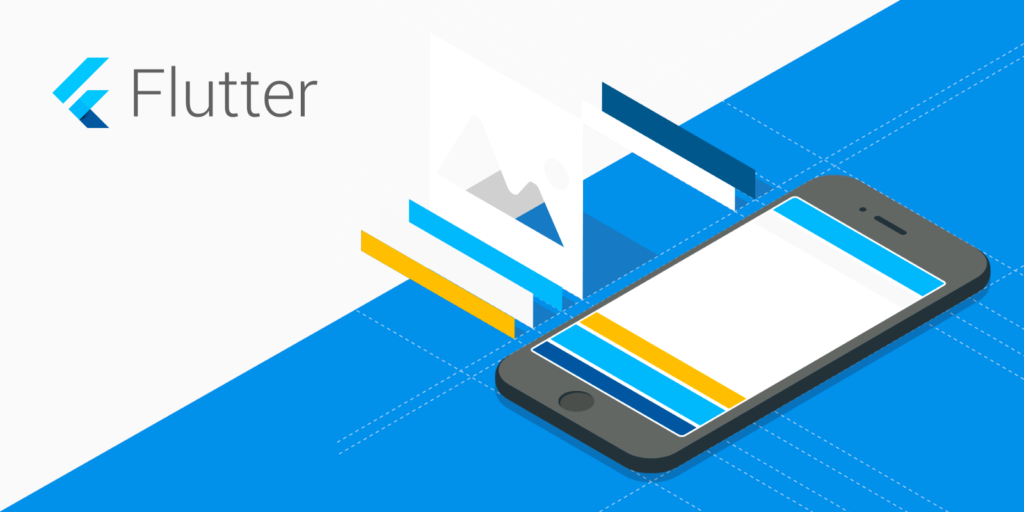
This Android framework was designed and launched by Google as its open-source mobile development SDK written in the Dart language. Flutter comes in a multiplatform mobile app SDK, suitable for creating apps slightly from other Android application frameworks available.
The difference is that it simplifies the cross-platform development process and like we said earlier, it’s written in the Dart language, which is the reason many developers flock around it, making Flutter the best choice for building a hybrid app. Flutter framework utilizes a 2D rendering engine known as Skia to develop visuals of a lookalike material design and the Cupertino style.
It allows developers to test, gives them the ability to perform UI, and functionality tests without identifying any error. No wonder Google’s Flutter users boast of it as the best-in-class hot-reload framework which allows for continuous testing without the need to restart the application. Its numerous advantages are; hot reload, screen reader, quick rendering, themes for Android and iOS, fast development, and many more.
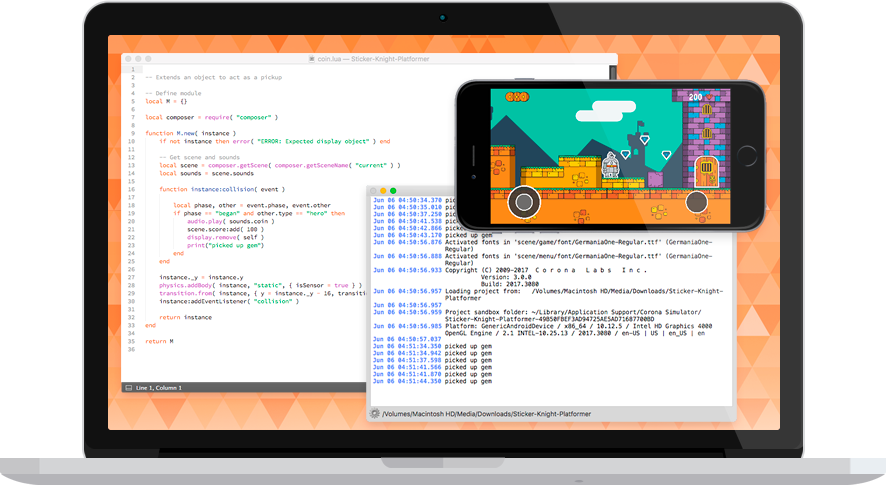
Corona was developed in 2009, but it’s a high cross-platform Android framework. Due to its active software development properties, it works well for creating fast apps, games for mobile and desktop compared to other frameworks. On the plus side, Corona SDK is free, easy, and fast.
It also offers a real-time simulation to give you a complete preview of the app. However, Corona’s effectiveness can be attributed to LUA, a lightweight, and a speedy programming language which Corona joined to enable app development for Android, Windows, Amazon, iOS, Mac, and desktop. In addition, Corona is highly popular because of its usability and efficiency with a native UI support, running over 500 APIs, and an adaptable advertising platform created solely for developers.
Corona API suite features with graphics, widgets, networking, particle effects, and so on. These features are easy to grab and incorporate into Android, making Corona the ideal framework to run by many developers.
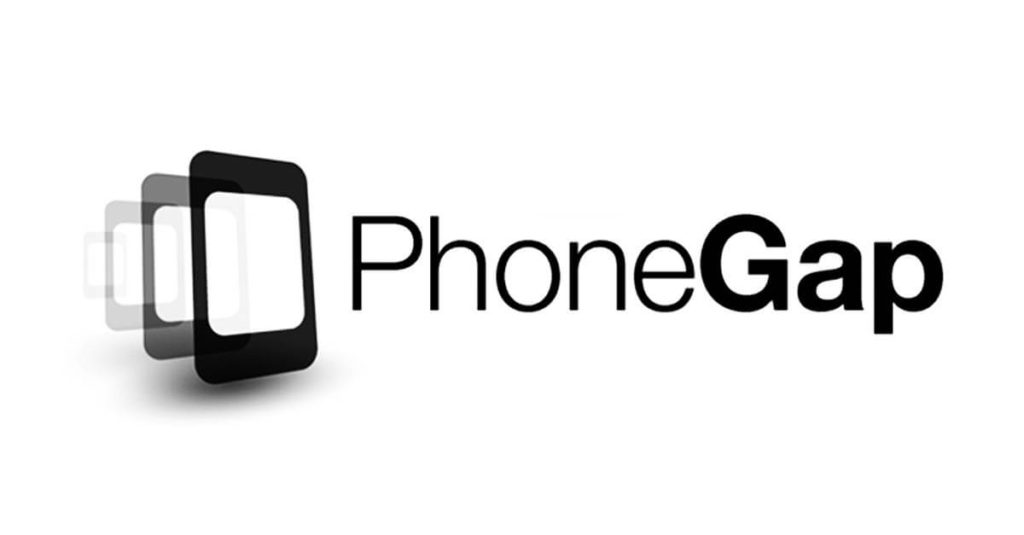
This framework comes from the team behind Apache Cordova. It’s an open-source Android app framework that allows developers to create apps via web development technologies like HTML5, CSS3, and JavaScript. With PhoneGap framework, software engineers can right away see the changes on their connected mobile devices. It’s perfect for creating hybrid mobile apps and also provides high performance as well as the space to work without hardware-specific problems.
Aside from Android, PhoneGap has developed apps for several other operating systems like PhoneGap desktop which integrate perfectly with the Android. The most recent version of this cross-platform framework is a built-in Cordova WebView for turning PhoneGap code into more significant native apps. Its other useful features include extended plugin library, third party software tools, and a growing support community.
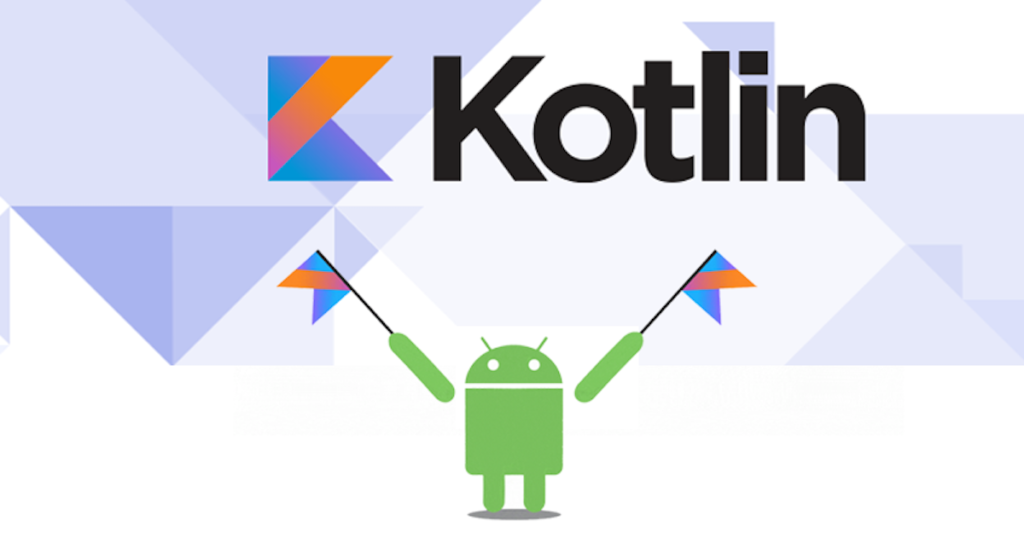
This Android framework is a statically-typed and modern programming language perfect for Android with its functional and object-oriented programming features. Google developed
Kotlin and in 2017, declared it as an official Integrated Development Environment (IDE) for Android creation. Kolin framework runs on Java Virtual Machine, which makes it 100% interoperable with the Java language. In many ways, Kotlin is considered as the best replacement for Java because it significantly followed a similar development process. Nowadays, many developers have chosen Kotlin as their first programming language for Android. App developed with Kotlin framework is also fast like the ones created with Java since they work with a similar bytecode structure.
A survey carried out by Stack Overflow ranked Kotlin as the fourth most used programming language for developers. Recently in 2019, while some large enterprises are on the verge of resorting to Kotlin, some are still contemplating switching. Companies like Trello, Pinterest, Uber, Twitter, Airbnb, and more are all waiting to switch to Kotlin for Android application creation.
 This is known as one of the best Android development frameworks in the Android development community. Sencha Touch is a framework created for the sake of native mobile application developers. It features JavaScript and HTML, which greatly enables the development of universal applications for Android use. Sencha Touch specifications include nearly built-in UI components and native themes, which allows developers to create interesting and fascinating apps.
This is known as one of the best Android development frameworks in the Android development community. Sencha Touch is a framework created for the sake of native mobile application developers. It features JavaScript and HTML, which greatly enables the development of universal applications for Android use. Sencha Touch specifications include nearly built-in UI components and native themes, which allows developers to create interesting and fascinating apps.
The framework uses hardware acceleration techniques to enable apps created to run at high performance. Several large companies out there pick Sencha Touch as a result of its high-level flexibility and compatibility, quick responsive touch features, and fast execution. More interesting is that apps created using Sencha Touch are smooth scrolling, rich in swift animations, and are highly adaptive. Industries want a framework with a massive collection of themes, rich UI, integrated MVC system, and many other packages, which is my they choose Sencha Touch.
It’s a leading Android application development framework because it boasts of all the necessary features needed for an endearing Android app experience.
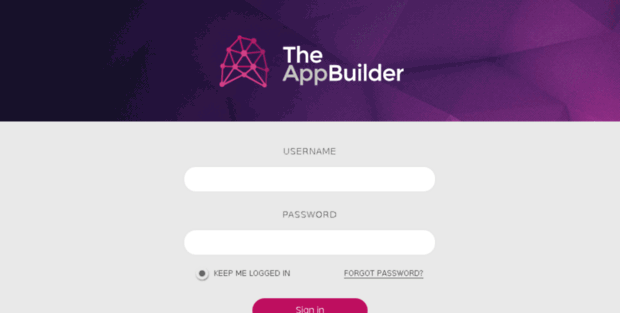
This framework is powered by HTML5. The Appbuilder is another amazing cross-platform application builder. It’s a framework that supports and allows developers to create iOS, Android, iPad, and HTML apps without any knowledge or prior ideas about coding language. In other words, users with zero coding ideas can use this framework to develop an incredible app. Appbuilder has a drag-and-drop interface that makes creating app fast and easy and equally offers pre-build for various functionalities which include features like push notifications, polls, feedback, intelligence, analytics, and content updates.
Another very interesting thing is that this framework integrates smoothly with Google Play to enable fast and easy publishing of content. It has an analytics tool which will allow users to check on what could be slowing their apps, to help measure a company’s results and grow staff communications. For some amateurs who want to create a mobile app but are running from codes and language, this is the ideal framework for you. In most cases, even business owners prefer this framework because of its ability to cut costs.
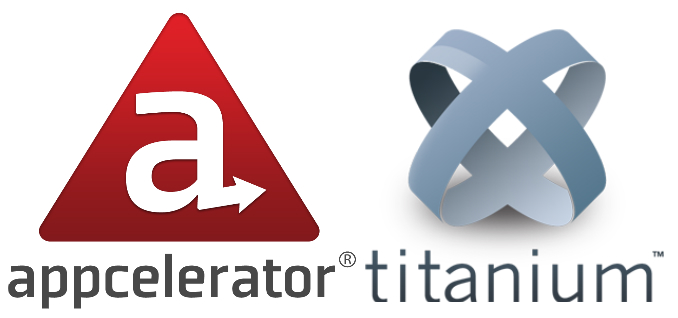
This framework remains the best, according to some developers. Appcelerator uses a mix of both PhoneGap and Xamarin, which makes use of JavaScript to code and support iOS and Android platforms. However, this framework is an open-source platform for developing native apps with just a JavaScript codebase. Appcelerator Titanium became more acceptable because it can be used in the creation of multiple-platform mobile apps using a high percentage of the existing code.
It employs JavaScript programming language to ensure high performance of apps built, and on the other hand, can be used to create quality games. Mobile apps developed with this framework uses hardware-specific features such as Android menu buttons, OS-centric controls, and platform-appropriate notifications. Today, over 3 million apps have been built using this Android application framework. Besides, Titanium allows many other essential features, such as automated testing on mobile devices, performance regulation, and app monitoring for a complete performance.
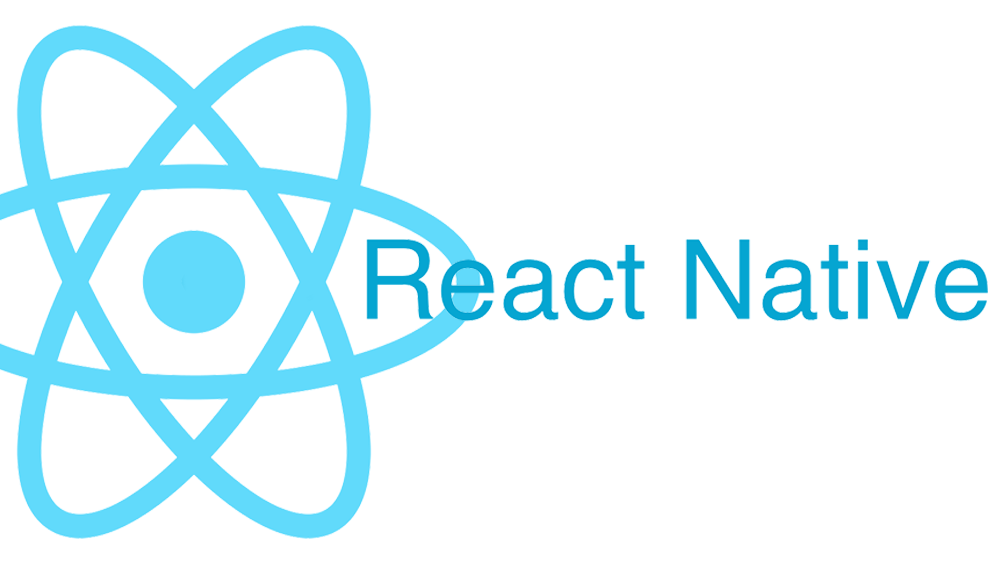
React, Facebook develops native and mainly used by companies like Instagram, Walmart, Airbnb, Tesla, Baidu, and many other companies. React Native is a framework suitable for creating native mobile apps. In fact, it’s a powerful open-source framework that gives the required support to other app development tools and their IDEs.
The good thing is that most of the React Native APIs are cross-platform, and as such, developers can write code and test it anyway, which in turn improves development speed and reduces costs. Also, this framework uses UI building blocks like the ones in most iOS and Android development frameworks.
The option of hot-reload in React Native allows you to reload your app fast rather than compiling, which makes it possible for developers to link updated files and still retain the current condition of the app while saving time and effort. React Native framework developers’ community has grown beyond expectations, and Google Trends has equally shown that it has consistent growing traction. Today there are over 1600 developers that have channeled their energy into this framework as their best resort.
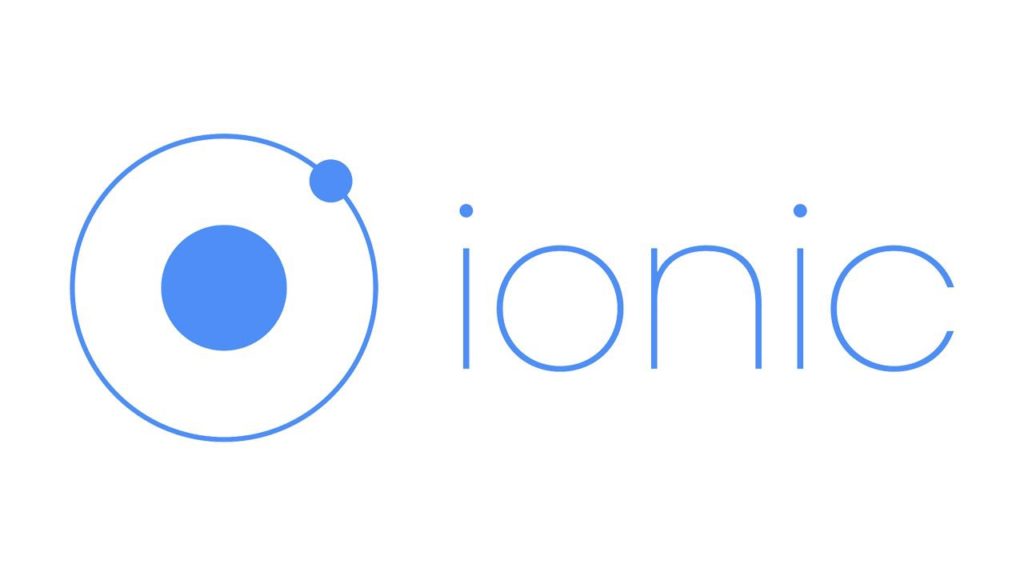 Ionic is a free and open-source framework licensed under the MIT (Massachusetts Institute of Technology). Its properties allow you to develop modern web and native mobile apps with the help of HTML5, CSS3, and JavaScript. The ionic framework has become one of the most popular tools for Android creation due to its complete cross-platform framework and the ability to integrate AngularJS for developing mobile apps. Ionic utilizes functionalities like Bluetooth, Health kit, and fingerprint authentication.
Ionic is a free and open-source framework licensed under the MIT (Massachusetts Institute of Technology). Its properties allow you to develop modern web and native mobile apps with the help of HTML5, CSS3, and JavaScript. The ionic framework has become one of the most popular tools for Android creation due to its complete cross-platform framework and the ability to integrate AngularJS for developing mobile apps. Ionic utilizes functionalities like Bluetooth, Health kit, and fingerprint authentication.
And also hosts a simple Command Line Interface to develop apps which offer superior display performance using emulators, live reload, and logging. Moreover, Ionic is Cordova and Angular based with a large community and premium plugins, including Google Play, Instagram, Apple Pay, Apple Wallet, Google Plus, and so on.
Conclusion
There are over 4 million Andriod Frameworks for App Development available and used by over 5 million framework developers around the globe, however the 10 listed above are the most use f
